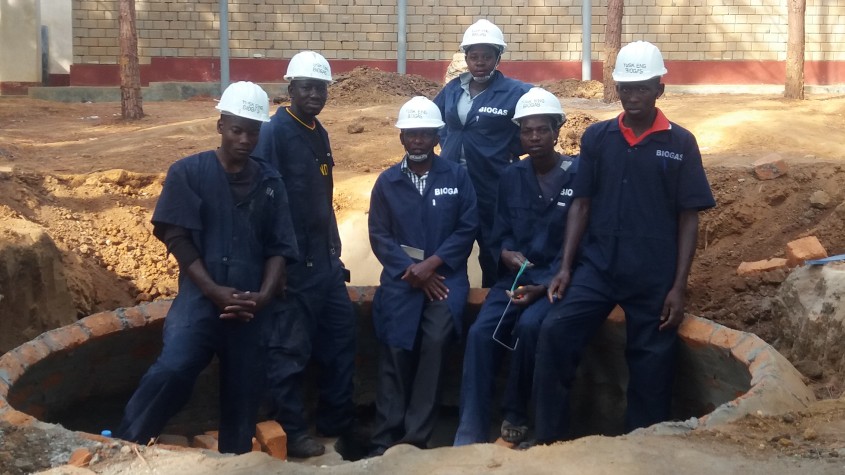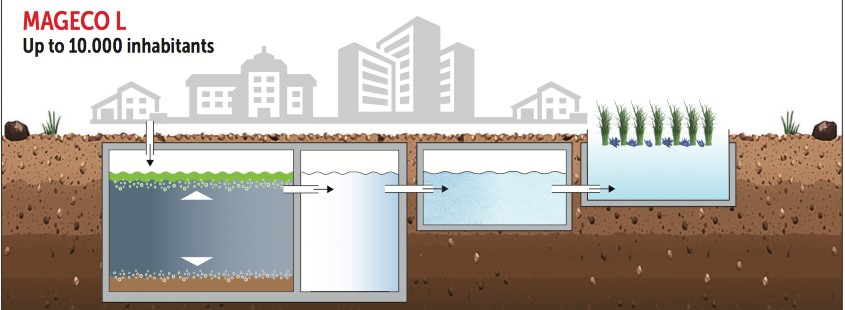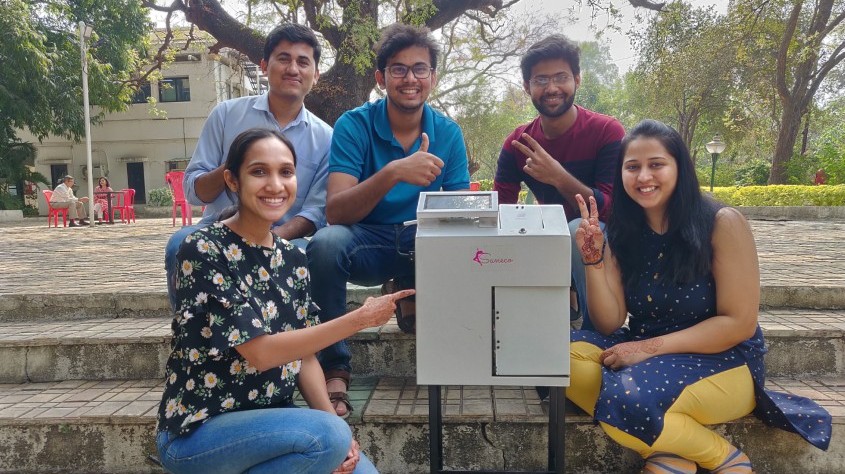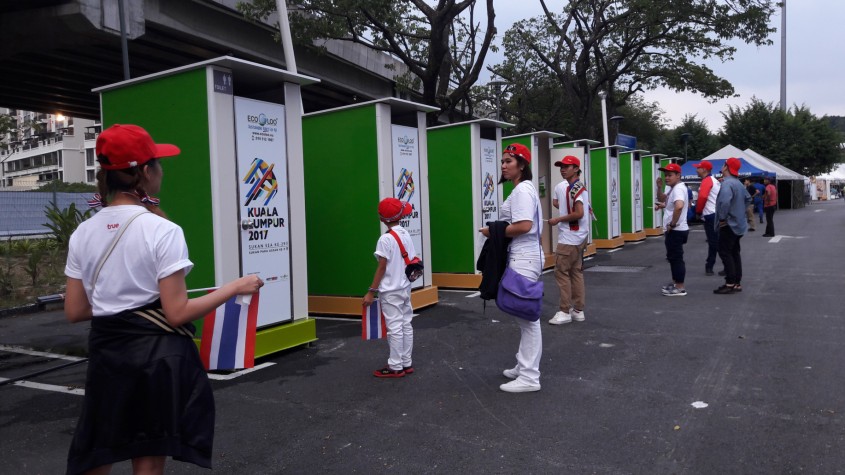Sustainable Toilets and Climate Change
November 19, 2020
Explore a special WIPO GREEN feature on sustainable sanitation-related technologies.
Two billion people, nearly one quarter of the world’s population, lack access to basic sanitation facilities such as toilets or latrines. Poor sanitation remains a global challenge, one that leads to the transmission of life-threatening diseases and the contamination of both land and water. Addressing this challenge is one of the 17 United Nations Sustainable Development Goals (SDGs), specifically, Goal 6: Clean Water and Sanitation.
Sanitation-related technologies on the WIPO GREEN database
The WIPO GREEN database is a catalogue of sustainable solutions and needs from across the world. It offers technologies from prototype to marketable products, available for license, collaboration, joint ventures, and sale. It also contains needs as defined by companies, institutions and non-governmental organizations looking for technologies to address specific environmental, food security or climate-change problems.
The WIPO GREEN database contains several technologies related to toilets and sanitation, many of which address issues related to wastewater management. Below are some examples of such technologies:

Biogas from biolatrines
Tusk Engineers
A bio-latrine is an environmentally friendly toilet that is connected to a biogas digester that converts human excrement into a quality fertilizer that is safe to handle and can be used for agriculture. In the same process, combustible gas (biogas) is also produced and can be used for cooking, heating and lighting. This complete system addresses energy, sanitation, environment and agricultural production in a single cycle.

MAGECO OCEAN Wastewater treatment technologies
MAGECO OCEAN GmbH
The MAGECO OCEAN technology is based on a fully biological process and revolutionary non electrical hydraulic wastewater management to convert waste water into clean water with a high degree of efficiency. MAGECO OCEAN’s low-cost and decentralized plants can be used by individuals, organizations or cities.

Saneco : Sanitary napkin disposal and recycling unit
Padcare Labs
APadCare Labs provides an eco-friendly, hygienic and cost-effective sanitary napkin disposal solution. Saneco uses a novel instant, odorless, colorless and smokeless in-operation technology to process sanitary waste. Read more in this interview with Saneco’s designer.
Featured: ECOLOO sustainable toilets

Imad Agi, Chairman and CEO of Swedish company ECOLOO AB, is one of the WIPO GREEN database users, contributing his innovative ECOLOO Sustainable Toilet technology (ECOLOO) to the catalogue of sustainable solutions.
ECOLOO is a stand-alone, decentralized, biological toilet system that treats human waste by breaking down the solid waste into particles or ashes and converting the liquid waste into natural fertilizer. All biodegradable materials are digested by the bacterial culture present in ECOLOO’s chambers, including toilet paper and other degradable sanitary products. Meanwhile, the liquid waste undergoes a nitrification process and is converted into bio-fertilizer within 30 minutes.
The byproduct of ECOLOO is odorless, pathogen free, rich in nutrients and beneficial for organic farming as it replaces harmful chemical fertilizers. The technology does not require an energy supply or water to operate, creates no sewage and requires little maintenance.
Such a high level of sustainability allows ECOLOO to address the complex issue of sanitation from multiple angles by:
- improving the lives of people exposed to unsafe sanitation practices;
- ensuring that the dignity of exercising basic sanitation and hygiene is available for all, including those living in territories with no stable electricity supply or developed sewage system;
- reducing sanitation-related water consumption;
- preventing water and crop contamination caused by sewage leakage; and
- reducing sanitation-related expenses.
Following the pilot project’s success in 2008, mass production of ECOLOOs began in 2013. To date, more than 2,500 ECOLOO toilets have been installed in over 20 countries, including Canada, Chile, Cook Islands, Jordan, Kenya, Malaysia, Mongolia, the Philippines, Sierra Leone, and Uganda.
Currently, ECOLOO AB is looking to create a collaboration with a company or an investor who shares their vision in order to considerably scale up the production, in particular in countries with the highest demand for the ECOLOO technology. To contact the technology provider, register in the WIPO GREEN database - free of charge.
About WIPO GREEN
WIPO GREEN is a global marketplace for sustainable technology, supporting global efforts to address climate change. Through its online database and regional activities, WIPO GREEN connects green tech seekers and providers in order to catalyze green innovation and accelerate green tech transfer and diffusion. Subscribe to the monthly WIPO GREEN newsletter.


